90%
Percentage of new lung cancer referrals seen within a period of seven days
Update your location to show providers, locations, and services closest to you.
Our exceptional foundation of physicians and state-of-the-art methods, like XVIVO and intensity-modulated radiation therapy, to diagnose and treat complex lung diseases makes pulmonology care a hallmark of UF Health.
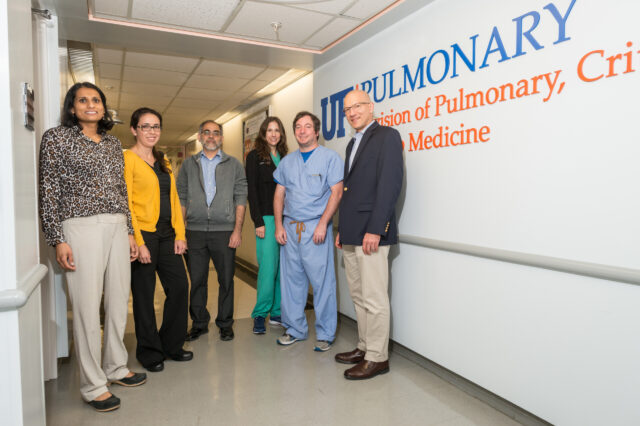
At UF Health, our team of knowledgeable pulmonary physicians will decipher your underlying lung condition. The goal of the Advanced Lung Disease Program is to set you on the path to recovery by shining a light on the roadblocks in your way.
Our team will provide a quick and accurate diagnosis before devising a treatment plan to fit your needs. At UF Health, our pulmonary leaders will construct an ideal treatment plan modeled around your needs. The Advanced Lung Disease Program is equipped with an array of cutting-edge technologies and treatments aimed at producing the best possible patient outcomes. After uncovering your underlying condition, our exemplary team will employ any combination of these tools to secure those life-changing results. Our program's focus areas are adult lung cancer, adult lung transplant, and pediatric lung transplant.


UF Health Shands Hospital is ranked as one of the nation's top hospitals for pulmonology and lung surgery by U.S. News & World Report.
Percentage of new lung cancer referrals seen within a period of seven days
Clinical trials that make up one of the most comprehensive portfolios for lung cancer
Average wait time for adult lung transplantation (national average is six months)
Survival rate with functioning transplant after one year (above national average)


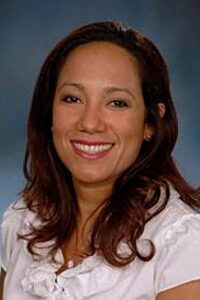
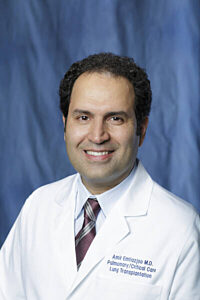
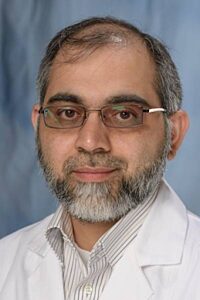

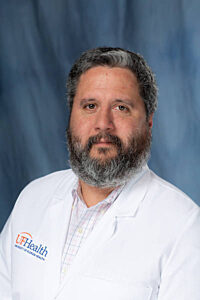

Want to know more? Check out our Patient Education section for more information.
UF Health research scientists make medicine better every day. They discover new ways to help people by running clinical trials. When you join a clinical trial, you can get advanced medical care. Sometimes years before it's available everywhere. You can also help make medicine better for everyone else. If you'd like to learn more about clinical trials, visit our clinical trials page. Or click one of the links below:
This study aims to evaluate the efficacy and safety of inhaled treprostinil in subjects with sarcoidosis-associated interstitial lung disease and pulmonary hypertension.
This study is open to adults with a lung disease called Idiopathic Pulmonary Fibrosis (IPF). People can join the study if they are 40 years or older. If they already take nintedanib or pirfenidone for their IPF, they can continue treatment…
July 13, 2023
Liver transplant program outcomes No. 1 nationally, kidney a close second
Department of Surgery, +2 more
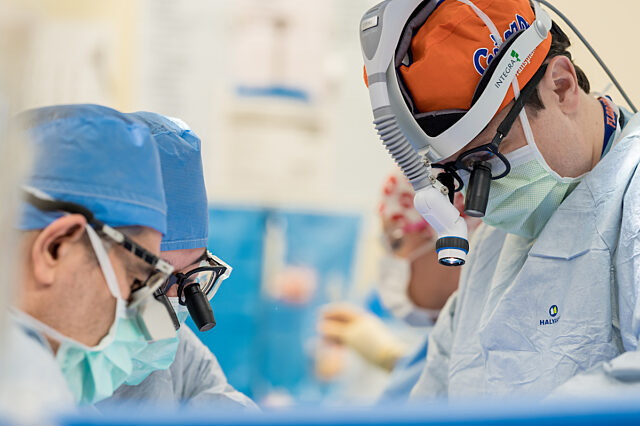
June 29, 2023
As a lung disease specialist at University of Florida Health, Faye Pais, M.D., has seen the drastic effects myositis has on patients. Inflammation is…
College of Medicine, +2 more

If people with severe chronic obstructive pulmonary disease, or COPD, can safely wear a mask during the coronavirus pandemic, it weakens the argument that it’s unsafe for anyone else. That’s the...
Take a deep, long breath. Can you do that without pain, shortness of breath or coughing? If the answer is yes, be grateful. A growing number of people around the world cannot. Chronic lung disease...